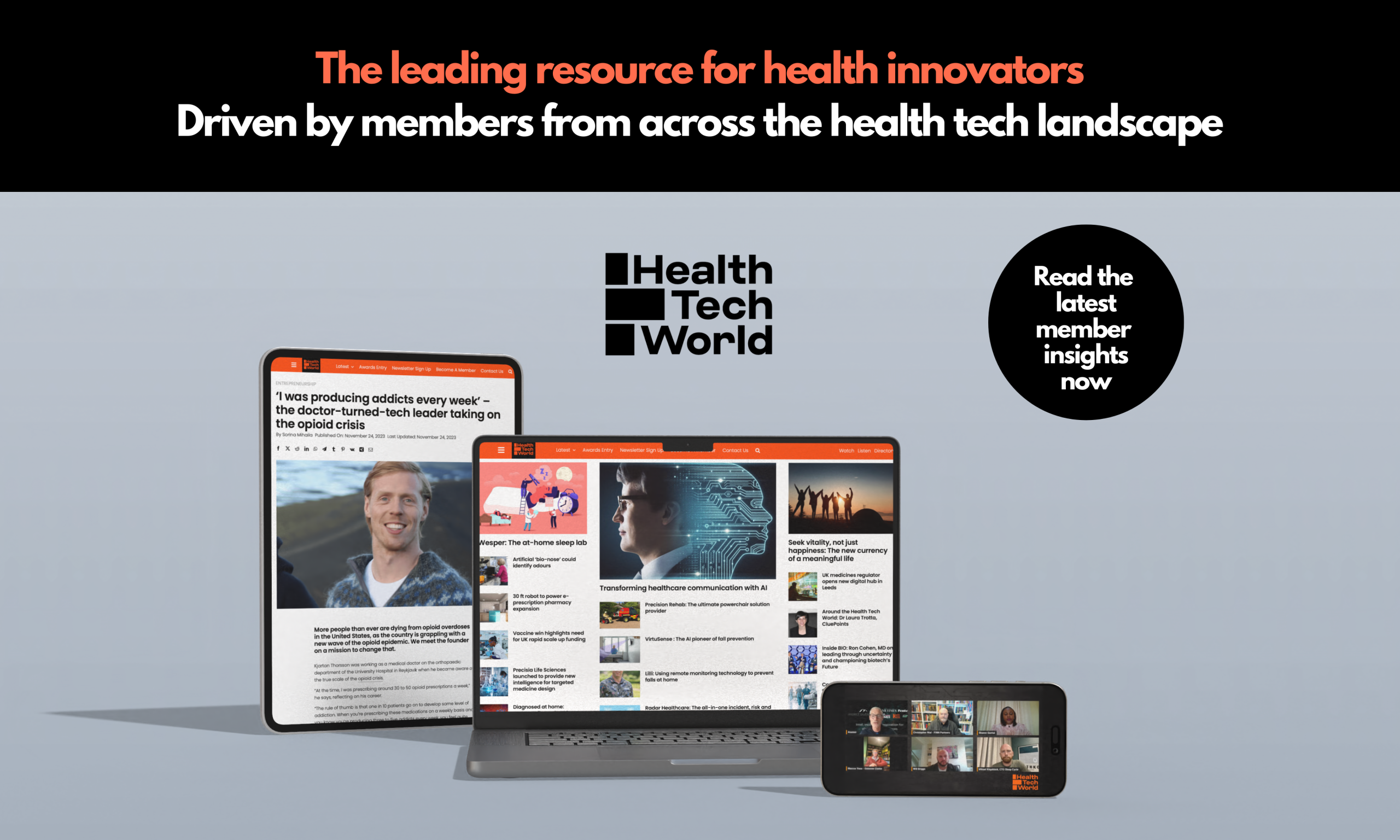A GP’s perspective on AI and the NHS 10 Year Health Plan

By Dr Rahul Goyal, GP and lead clinical executive at Elsevier
In today’s healthcare landscape, general practitioners (GPs) are navigating an increasingly complex and demanding environment.
Our Clinician of the Future 2025 report revealed the pressure clinicians are under: 69 per cent are seeing more patients and 28 per cent believe they do not have time to provide a good standard of care.
This surge in demand, coupled with administrative burdens and the need for more personalised care, has created a perfect storm in general practice.
As a GP practising in Lancashire for over 18 years, I’ve experienced firsthand how these pressures have affected the quality of care we provide.
Time with patients is one of the most valuable aspects of our work, yet it’s often in short supply.
However, the Government’s recently published 10 Year Health Plan offers a timely opportunity to address these challenges, particularly through the responsible adoption of AI.
There are four key areas where AI can support the NHS in realising its long-term vision:
1. Fixing the problem of shadow AI in the NHS
Across the NHS, healthcare professionals, particularly trainees and some GPs, are already turning to generic Generative AI tools like ChatGPT to help draft patient letters or explore differential diagnoses.
This reflects a growing appetite for innovation, but it also exposes a dangerous gap: these tools are often unregulated, unvalidated, and used without oversight.
This “shadow AI” environment is unsustainable.
Without ethical and practical guiderails, unauthorised AI use poses risks to patient safety and data security.
The solution isn’t to suppress innovation, but to accelerate the rollout of approved, clinically validated AI tools that integrate safely into clinical workflows.
We need to move from a ‘Wild West’ to a well-governed ecosystem – a move that’s likely to be welcomed by the clinicians themselves, as currently only 32 per cent of clinicians feel supported by their institutions when it comes to digital tools like AI, highlighting the demand for structured, safe implementation.
2. AI could supercharge tech adoption in the NHS
Until recently, many NHS Trusts still relied on fax machines and pagers: technologies that are 30 years behind best practice.
This lag in tech adoption isn’t just a resourcing issue; it’s been a matter of intent – or rather, the lack of it.
The 10 Year Health Plan signals a welcome shift in mindset, but although there is now clear intent for change, the devil is in the detail – it will all come down to how the Government’s plan is executed.
Rather than inching forward with incremental upgrades, the NHS must leapfrog into the future.

Dr Rahul Goyal
AI tools that are purpose-built for clinical use can help us bypass outdated systems and deliver immediate improvements in efficiency, safety, and patient experience.
In my own practice, AI has already reshaped how I work.
Recently, I treated an 80-year-old patient on multiple medications for her heart condition and arthritis.
She splits her time between the UK and Spain, which made managing her treatment more difficult.
Using generative AI tools, I was able to quickly reconcile her prescription and ensure there were no harmful interactions with her conditions or medications.
This task would normally take hours, but AI made it faster and more efficient.
3. The shift from hospital to community care requires significant upskilling – and AI could help
As the Government plans to move more care into the community, the traditional GP role is now being shared with nurses, pharmacists, and paramedics.
While this multidisciplinary approach is a positive step, each of these professionals has unique training needs and will require a tailored plan for upskilling.
AI can help bridge these knowledge gaps.
With personalised, on-demand training tools, clinicians can access the information they need, when they need it. This is especially valuable in complex cases.
For instance, I once treated a patient with acute constipation that hadn’t responded to standard treatment. AI helped me identify the root cause: a side effect of his mental health medication.
A simple dose adjustment, in consultation with his specialist, resolved the issue and avoided unnecessary escalation.
4. AI tools could enhance community education through platforms like the NHS App
The Government’s plan promises that “patients will have a ‘doctor in their pocket’ in the form of the NHS App”.
Patients are increasingly seeking personalised, high-quality health information but clinicians often lack the time to provide it.
AI can help tools like the NHS app provide public health information specifically tailored for each individual patient.
The future of clinical AI
Through my work with Elsevier and the Clinical Best Practice Council, I’ve seen how combining medical expertise with advanced technology can produce tools that are evidence-based, clinically relevant, and practical for real-world use.
The goal is simple: to help clinicians make informed decisions more efficiently, so we can spend more time where it matters most, caring for patients.
Clinical AI tools are no longer theoretical, they’re here now.
With thoughtful implementation, we can reduce administrative noise, provide trusted information when patients are most receptive to hearing it, and deliver the kind of care our patients deserve.






